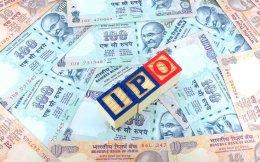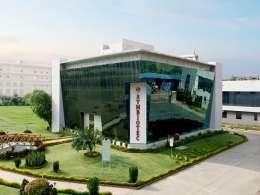This is the second deal coming from the Piramal Healthcare quarters in weeks. Piramal Healthcare Ltd (PHL) has signed a definitive agreement to acquire Canada-based BioSyntech’s assets for a consideration of C$3.9 million (US$ 3.82 million or Rs 17.4 crore).
BioSyntech is a medical device company specializing in the development, manufacturing and commercialization of advanced biotherapeutic thermogels for regenerative medicine (tissue repair) and therapeutic delivery.
BioSyntech sought court protection under insolvency proceedings as the company was unable to raise further capital to fund its ongoing operations and to repay maturing debt. Taking into consideration PHL’s interests in the projects of BioSyntech, PHL made a binding offer and the Superior Court of Quebec (Canada) allowed the Interim Receiver to accept this offer, said a PHL release.
Piramal had subscribed to common shares of BioSyntech in FY2006 which then constituted 17% of equity of BioSyntech. By virtue of this investment, Piramal had exclusive marketing rights for the marketing, sales and distribution of current and future products of BioSyntech, for India and some neighboring Asian markets.
Sarabjit Kaur Nangra, vice-president (research) at Angel Broking, does not see any major impact following the buyout. "They had already hired the products and were holding stake in BioSyntech. Also, the regenerative medicines sector is in a nascent stage in India. The growth depends on how Piramal scales up BioSyntech business in future."
Another biotech major, Reliance Life Sciences, owned by Mukesh Ambani also markets the regenerative medicine products and services such as ReliNethra, CardioRel for Stem cell therapies and ReliHeal- G for tissue engineering.
Only last month, NYSE-listed pharma major Abbott Labs acquired Piramal's Healthcare Solutions business (Domestic Formulations), for an up-front payment of $2.12 billion, plus $400 million annually for the next four years.





